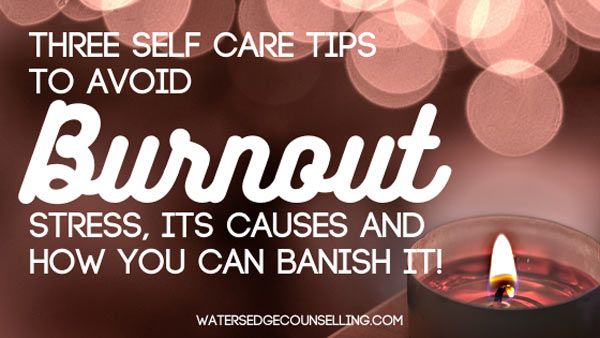
Self-care is one of the first things that gets neglected when we’re stressed out. As we force ourselves to do our daily routines, chores, and essential tasks, we may forget to take care of ourselves.
This can be incredibly prevalent, especially at work. However, lack of self-care can lead to acne, brain fog, and even weight gain.To help you mitigate some of the stress, we’ll share some tips for managing stress at work.
Tip 1: Exercise Regularly
This is something that’s often forgotten, but exercise is a sure-fire way to elevate the mood. Exercise improves blood flow to our skin and accelerates our body’s healing power. It also reduces stress hormones adrenaline and cortisol and stimulates the release of endorphins, the calm and satisfied hormones.
If your level of stress makes it difficult for or you to get an exercise routine started, try partnering up with a buddy to go out for a run (or even a walk). Group training or boot camps are also great ways to get motivated.
Tip 2: Drink Plenty of Water
When you’re under stress, your body loses water as your breathing and heart rate both speed up. On top of that, some people forget to drink water when they are dehydrated. Studies show that even half a litre of dehydration can increase cortisol levels.
Drinking the right amount of water keeps cortisol levels in check and helps your body cope with anxiety better. What is the right amount? About 15.5 cups (3.7 liters) of fluids a day for men and 11.5 cups (2.7 liters) of fluids a day for women.
To ensure you keep water top of mind, keep a water bottle with you at all times and drink small amounts throughout the day. If you don’t feel like drinking plain water, fresh juices, lemonade, and coconut milk are potent and healthy drinks to stay hydrated.
Tip 3: Eat Regular Meals
Did you know that cortisol, the stress hormone, can increase stomach acid, which can decrease our appetite and even cause ulcers!!! Unfortunately, stress affects our appetite significantly. Some people start eating more frequently, binging on high-calorie comfort foods. On the other hand, others find food repulsive. Both situations are detrimental to your health.
If you’re having trouble regulating because of stress, eat on a set schedule and keep a food journal to track what you eat and how much. Fill your fridge and pantry with high-protein foods and healthy snacks so that whenever you eat, you put good calories and balanced nutrients into your body.
These are just a few of the tips covered in the infographic below. To ensure you are performing your best in all aspects of life, you have to take care of yourself first. This means a consistent self-care routine and taking care of your body.

Are you stressed? Do you need to practice self care, but struggle to stop and be kind to yourself? Contact Colleen on 0434 337 245 or Duncan on 0434 331 243 for a FREE 10 minute consultation on how we can best help you or book online now.